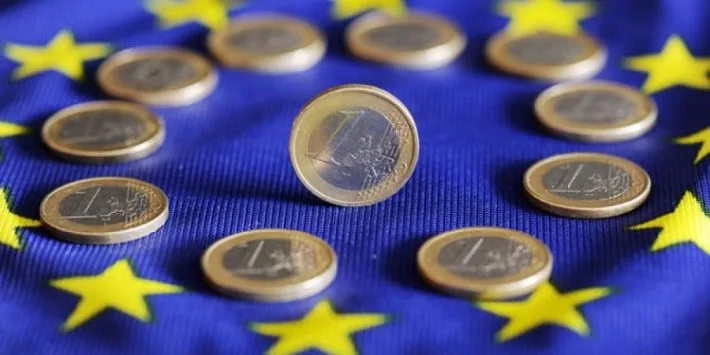During the worst moments of the crisis it is not unusual to be brave enough to take the most difficult decisions. Then, the tensions shaking Europe, due to the ‘war on (no-only) gas’ between Russia and Ukraine, could finally push the Union towards a real single energy market. Almost everyone thinks it is essential, starting from the Polish Prime Minister, Donald Tusk, who has been working for weeks at the proposal for an “Energy Union”: the head of Warsaw government has already been in Paris and in Berlin to talk about this issue with Merkel and Hollande, and the idea was at the heart of the High-Level Conference on Energy Security held in Brussels (and it seems it was shared by the leaders of the Union).
“Europe is facing a threat to its peace, stability and security the likes of which we have not seen since the fall of the Iron Curtain,” admitted the President of the European Commission, José Manuel Barroso. In the meantime, he said he is optimistic about the fact that Europe, “still the biggest energy market worldwide,” will be “speaking with one voice.” It can start speaking like that at the European Council to be held on June 26 and 27, for instance, a month that will be “crucial” for our energy strategy. At the meeting in fact, the European Commission will make “very clear proposals.” Far too often, in fact, “energy security issues are being addressed at national level without taking fully into account the added value of a more collective approach at regional and European levels,” underlined President Barroso. Things need to change.
Specifically, Tusk’s proposal deals with the creation of “European purchasing group” thorough the institution of “a European agency or consortium.” The proposal “will be analysed by the EU Commission.” According to Tusk, Europe “need a community of European buyers”: “Maybe you think it is impossible,” he said, “even the Banking Union seemed impossible, yet it was realised.”
“The Russian strategy is ‘divide et impera’, but it is not going to happen,” said Gunter Oettinger, Commissioner of the EU for Energy. It is unacceptable “to use gas prices as political tools,” he added, “we need to act at European level, with an intergovernmental agreement useful for our markets.”
Still, the proposal of a European Energy Union is not accepted by everyone. “Prime Minister Tusk’s idea does not work,” warned the Greens. “The proposal is a less than perfect mechanism for buying gas from Russia not as single Member States but as sort of ‘group purchasing’ organised by the Commission,” said the Green Co-President Monica Frassoni, “and this mechanism would favour buyers in spite of sellers.” According to Frassoni, this means using the situation for buyers’ ends only, and Barroso, Oettinger and Tusk “are cynically exploiting the Ukrainian crisis to push fossil fuels and nuclear in the European agenda,” but this “is the wrong answer. We actually need an Energy Union,” added Frassoni, “but this has to be founded on ambitious measures of energy saving and efficiency, together with a neat support to renewables, in order to reduce our dependency from Russian gas imports.”





![La bandiera della Regione Lombardia [foto: Wikimedia Commons]](https://www.eunews.it/wp-content/uploads/2022/09/lombardia.png.webp)







